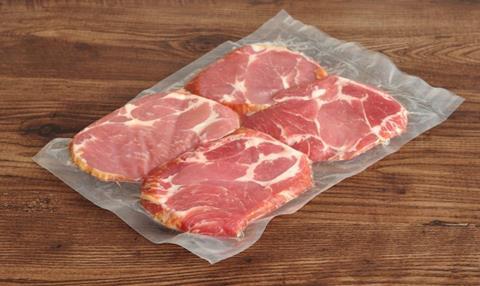Speaking on BBC Radio 5’s Growing Pains programme, chief executive of the British Meat Processors Association (BMPA) Nick Allen said that the closure of the CF Industries fertiliser plant in Cheshire has left the industry “feeling particularly vulnerable.”

CF Industries has announced that it will close its plant in Cheshire, cutting up to 350 jobs. Its fertiliser plant in Billingham, which currently produces around 60% of the UK’s commercial CO2 requirements, will remain open.
In September last year, the UK government agreed a three-week arrangement with CF Fertilisers that allowed the company to continue operating while the industry moved towards a further agreement. The deal ran until January 2022 and aimed to ensure that key sectors, including food processing and nuclear power, were supplied with CO2 within this time.
More reliance on overseas
In a statement, the BMPA said : “On a call this week, we were assured by CF Industries that there will be no disruption to Co2 supplies to the meat industry, however the closure of one of only a handful of facilities in the UK means that future supplies will inevitably be less secure, particularly if something were to go wrong with the remaining plant at Billingham.
“The huge price rise for Co2 has prompted some companies to consider capturing and selling the gas, which would previously have been vented into the atmosphere as a by-product. However, this production will take time to come on stream and isn’t guaranteed to replace lost capacity in the UK, which will leave us more reliant on overseas suppliers.”
Speaking to the BBC, Allen said that, since Autumn last year, the industry has faced the possibility of all CF’s fertiliser plants across the UK closing. Commenting on the closure of the Cheshire plant, he suggested that the company was “pulling their resources” and focusing on the bigger, plant located in Billingham.
He noted however, that it has left the industry “feeling particularly vulnerable” as only one plant in the country now produces the “essential supply”, and that the cost of Co2 has trebled in recent months.
This story was originally published on a previous version of the Meat Management website and so there may be some missing images and formatting issues.












